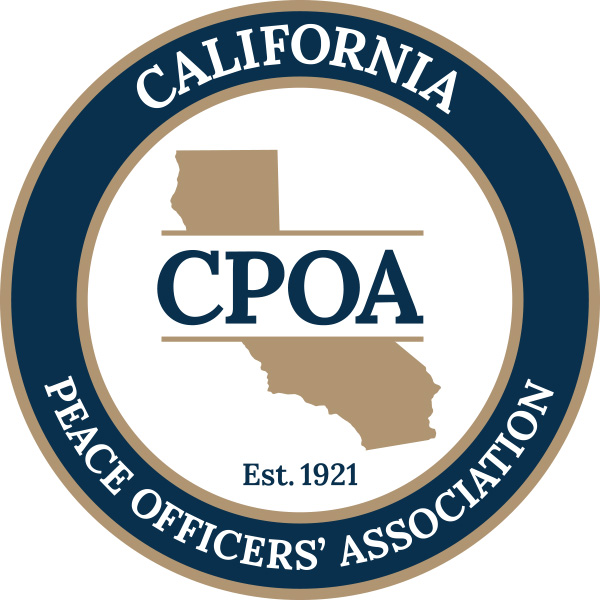By: Shaun Rundle, CPOA Deputy Director.
As a result of our lobbying work during the many legislative deadlines that occur in May and June in the Legislature, most public safety bills either died, were pushed to 2022, or were significantly amended. These changes have left some measures more workable for law enforcement, but many have remaining impacts which have not forced a change in CPOA’s position on them. Such legislation still problematic, include SB 2 regarding qualified immunity and SB 262 on bail reform.
We were able to claim victory with the outright defeat of a dangerous proposal in SB 210 (Wiener-D), which would destroy ALPR data if it did not match a “hot list” within 24 hours. Additionally, we and our law enforcement colleagues worked to push several measures that we opposed back to 2022, and they cannot be heard until next January. These bills include:
AB 594 (McCarty-D) requires a criminal investigation be conducted into a peace officer’s deadly use of force by a law enforcement agency (LEA) other than the LEA that employs the officer being investigated. This bill also requires that, no later than January 1, 2023, each LEA adopt a written policy or amend its existing policy to reflect the requirement that an outside agency conduct any criminal investigation into a peace officer’s use of deadly force.
AB 655 (Kalra-D) requires a public agency that hires or employs a peace officer to investigate any prospective or current peace officer for any involvement in a hate group.
SB 82 (Skinner-D) would define the crime of petty theft in the first degree; require specified conduct to be charged as such, except as specified; and allow a person who has been convicted of robbery where the conduct meets the elements of first-degree petty theft to petition to vacate that sentence.
SB 271 (Wiener-D) Repeals eligibility requirements for an individual to run for county sheriff.
Other bills that passed various May hearing deadlines, did so as amended, some significantly, some minor. One minor amendment for example, was to the CPOA-opposed SB 98 (McGuire-D). This bill would grant media access to a protest command post, and May amendments added language that would have media gain “authorization from a commanding officer on scene.” I have been in conversation with Senator McGuire’s office since early 2020 on this proposal, and this current language improves the bill for CPOA. Having passed the Senate, SB 98 will next be heard in the Assembly Public Safety Committee.
SB 2 (Bradford-D) remains in the running. May amendments remove language regarding inherent threat, intimidation, and coercion in an interference with a right. Amendments additionally limit the scope (slightly) for causes of action be brought under conduct constituting a crime of violence or of moral turpitude. Having passed the Senate, SB 2 will next be heard in the Assembly Public Safety and Judiciary Committees.
One such measure with significant amendments, but still problematic, is SB 262 (Hertzberg-D). Flying in the face of voters at the ballot box last November, the Senator seeks to implement $0 bail for several offenses, only with a statewide schedule to be used for any subsequent and separate offense while the defendant is released on $0 bail. Our Law & Legislation Committee reviewed the new language last week and agreed that the new approach was not enough for us to remove opposition. Bail is supposed to be uncomfortable and harsh, and the safety of the public should not be jeopardized because of an offender’s inability to pay.
Lastly, the CPOA-supported SB 387 (Portantino-D) was made a 2-year bill (and cannot be heard until January 2022), so AB 89 (Jones-Sawyer-D) remains the only bill for 2021 dealing with officer education requirements. AB 89 raises the minimum age to qualify as a peace officer from 18 to 25 unless the applicant possesses a B.A. or advanced degree. CPOA plans to propose lowering the 25-year age limit to 21, which would be consistent with most LEA hiring practices. AB 89 passed the Assembly and waits to be heard in the Senate.
The Legislature will break for their month-long Summer Recess in mid-July, but there is still plenty of legislative year left to make some further changes. The deadline for any bill to get to the governor’s desk is not until September 10, 2021.


